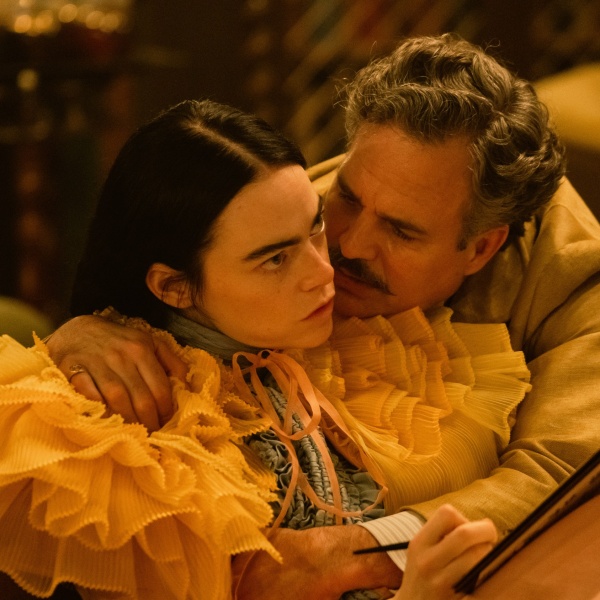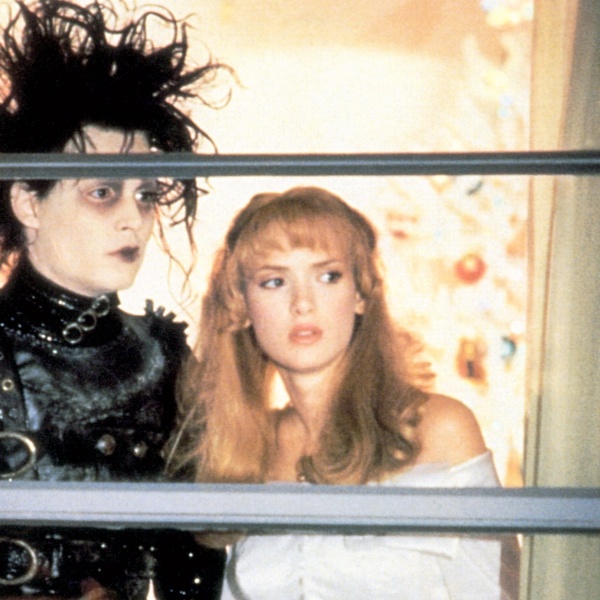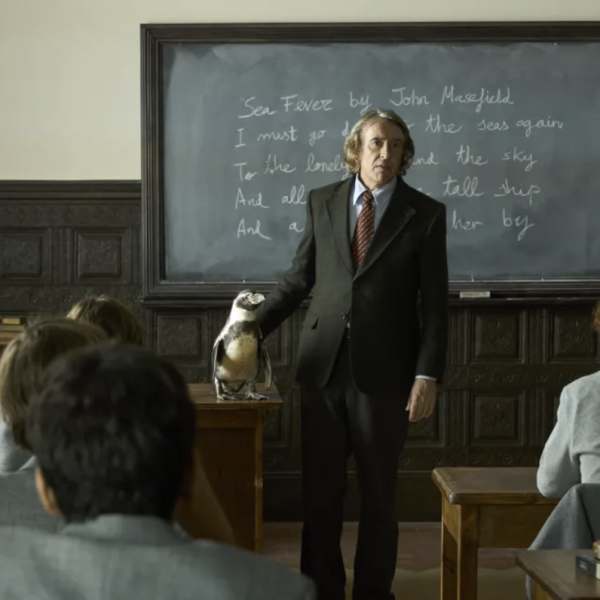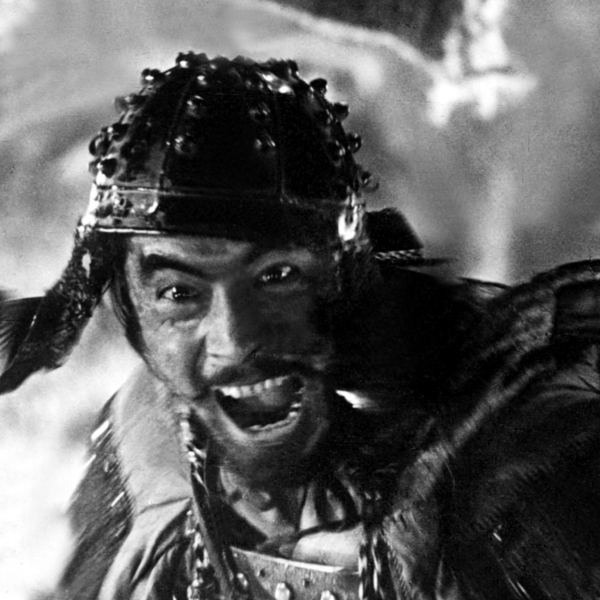
Generally speaking, the biggest problem for found-footage horror movies is creating sufficient reason or motivation for the characters to keep filming even when everything is going wrong. But “Apollo 18” somehow manages to solve that problem while creating a whole host of other ones, not the least of which happen because because filmmaker Gonzalo Lopez-Gallego decided to set his mash-up of “Paranormal Activity” and “The Fourth Kind” on the moon in 1973. Derivative, dumb, suspenseless and worst of all boring, “Apollo 18” fulfills no expectations except those of the low quality of films released over Labor Day weekend, a notorious dumping ground for studio dreck.
After being set up as a collection of classified real-life materials that were recovered and assembled for a website named Lunartruth.com, the film follows three astronauts who are sent on a secret mission to the moon under the pretense that their delivery of an early-warning weapons system will give America an advantage in the Cold War. While two of them, played by Lloyd Owen and Warren Christie, descend to the surface of the moon, the other remains behind in the command module to monitor their progress and maintain contact with Mission Control, but soon after setting up the lunar equipment, they all start experiencing technical problems. During a scouting mission, Owen and Christie uncover the wreckage of a Russian moon lander that has been severely damaged, and find the body of one of the crew members in a nearby crater. But after Owen comes back on board with an abdominal injury that seems to intensify almost by the hour, the two men shift their focus from the mystery of their Russian counterparts to the mortal danger they face if their craft has been contaminated. As Owen’s condition worsens, they race to reconnect with the command center and return home, soon discovering that NASA may have sent them to the moon for reasons other than reconnaissance of America’s Russian adversaries.

As unfair as it might be to compare a modestly-budgeted thriller like this with the spectacle and authenticity of something like “Apollo 13,” what Ron Howard’s film seemed to get right as much as the technical verisimilitude was the resilience and pragmatism of the astronauts; it’s easy to imagine that the endless hours of training that these space explorers received prepared them for any eventuality, and as a result their reactions to even deadly circumstances would be mature and understated. In “Apollo 18,” there’s a whole lot of acting, meaning these leads are giving everything they can to demonstrate the peril they face, when what is needed is much, much less.
It isn’t even necessarily that Owen and Christie are bad, but that they’re encouraged to perform as if they’re acting in a normal environment (say, a suburban house where an otherworldly force may be lurking) rather than on the face of the moon at a time when the space race was so vital and important that it’s reasonable to assume that, even while in dire straits and desperately trying to save their own lives, these men would have known they were standard-bearers for American intelligence and resolve. Moreover, the script seems to disregard even theoretical protocol with regards to exploring the lunar surface, containing evidence, or otherwise conducting an official government mission, and the rank stupidity of Owen and Christie’s characters quickly undermines the intensity of any threat posed against them.
Again, Lopez-Gallego does to his credit provide suitable motivation for there to be cameras filming everywhere and at all times — though not without a few needling questions about where two astronauts had room for what must have been thousands upon thousands of feet of film. But for a found-footage film, there’s barely any actual footage of what seems to be happening outside the astronauts’ lunar lander, and even justified by the “discovery” of footage which was later edited together to form this story, the cameras only catch things when the plot demands that they do. After two sequences in which Christie explores a crater using only a flash camera, we began to think we weren’t going to see anything at all until a “The Hangover”-style slideshow of what really happened played over the end credits.
Ultimately, the biggest problem with “Apollo 18” is that the threat, both implied throughout the film and more or less fully revealed at the end, never seems scary, and yet the build to it is far too theatrical. There’s certainly something to be said for an understated climax – Ti West’s “House of the Devil,” for example, doesn’t quite reach operatic heights of terror, but it’s haunting in a very intimate and believable way. But here, the editing of the rediscovered or recovered footage is actually too smooth to believe, because it fails to have an appropriately cobbled-together feel, while the eventual payoff is completely underwhelming — it feels like someone watched “Star Trek II” and the the “space madness” sequence from “Armageddon” and thought, “sure, those two ideas could work together.” Instead of space madness, what we get is space stupidity, which is why “Apollo 18” deserves to be forgotten in the annals of history. [D]





